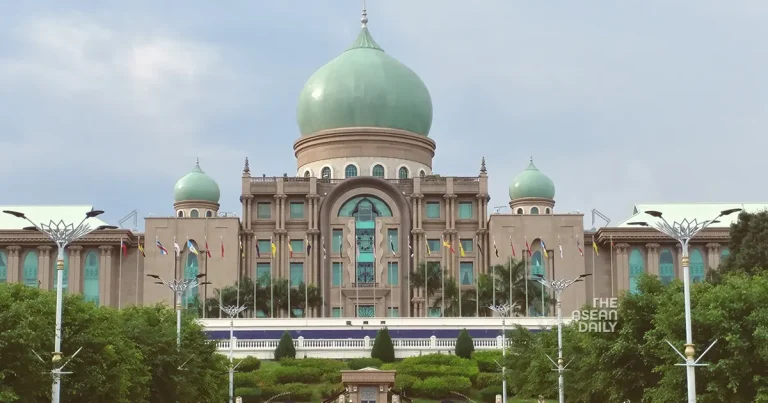1-7-2024 (MANILA) In a move that could reignite tensions between the two Southeast Asian nations, Malaysia has vehemently opposed the Philippines’ submission to a United Nations body seeking formal recognition of the extent of its undersea continental shelf. The crux of Malaysia’s objection lies in the claim that the Philippine submission is projected from the baselines of Sabah, a state that Malaysia considers an indisputable part of its sovereign territory.
In a strongly-worded note verbale to UN Secretary-General António Guterres on June 27, Malaysia’s permanent mission to the United Nations stated its categorical rejection of the Philippines’ Partial Submission to the UN Commission on the Limits of the Continental Shelf (CLCS). The mission argued that the submission disregards Malaysia’s sovereignty over Sabah, which has been recognized by the UN and the international community since the formation of the Federation of Malaysia in 1963.
“The Government of Malaysia categorically rejects the Philippines’ Partial Submission on the basis that the Republic of the Philippines’ continental margin is projected from the baselines of the Malaysian state of Sabah. This clearly disregards Malaysia’s indisputable sovereignty over the state of Sabah,” the mission asserted.
Malaysia further contended that the Philippines’ claim to sovereignty over Sabah is “incompatible with its erga omnes obligation to recognize and uphold the legitimate exercise of the right to self-determination by the people of Sabah in 1963.” The mission unequivocally declared, “It is clear that the Republic of the Philippines claim to Sabah has no basis whatsoever under international law.”
The Philippines’ submission to the CLCS last month sought formal recognition of the extent of its undersea continental seabed in the South China Sea, where it would have the exclusive right to exploit resources. The move was made through the Philippine mission to the UN in New York, following more than a decade and a half of scientific research.
According to the Department of Foreign Affairs (DFA), under Article 76 of the UN Convention on the Law of the Sea (UNCLOS), a coastal state such as the Philippines is entitled to establish the outer limits of its continental shelf, comprising the seabed and subsoil of the submarine areas extending beyond 200 nautical miles but not exceeding 350 nautical miles from the baselines from which the territorial sea is measured.
The DFA underscored the significance of the submission in securing the Philippines’ sovereign rights and maritime jurisdictions in the West Philippine Sea (WPS), noting that the 2016 award on the South China Sea arbitration confirmed the country’s maritime entitlements and rejected those that exceeded geographic and substantive limits under UNCLOS.
Philippine permanent representative to the UN, Antonio Lagdameo, hailed the move as a potential catalyst for “reinvigorating efforts of states to demonstrate their readiness to pursue UNCLOS processes in the determination of maritime entitlements and promote a rules-based international order.”
However, the long-standing territorial dispute over Sabah, formerly known as North Borneo, has once again resurfaced. Former foreign affairs secretary Teodoro Locsin Jr. revealed that the Philippines has repeatedly faced “aggressive financial offers” involving substantial sums of money to abandon its claims over Sabah, but has steadfastly refused to do so.
Amid this escalating diplomatic row, visiting Malaysian Foreign Minister Dato’ Seri Utama Haji Mohamad Bin Haji Hasan is set to meet with his Philippine counterpart, Foreign Affairs Secretary Enrique Manalo, to discuss the current state of bilateral relations and exchange views on regional and international developments.
Both sides are also working to convene the 8th Bilateral Joint Commission Meeting, which has not been held in Manila for over a decade, in a bid to address outstanding issues and explore avenues for strengthening cooperation.




